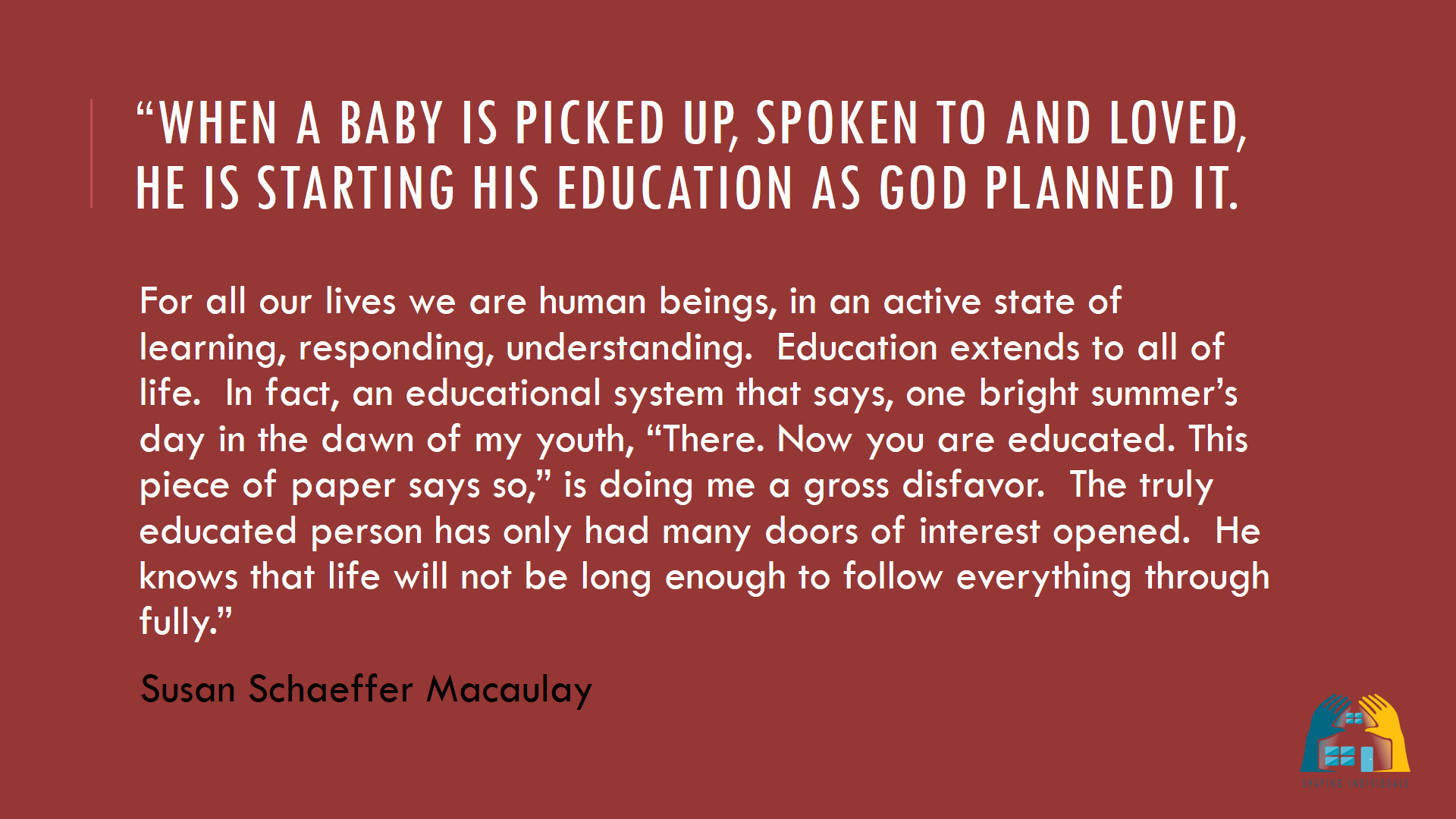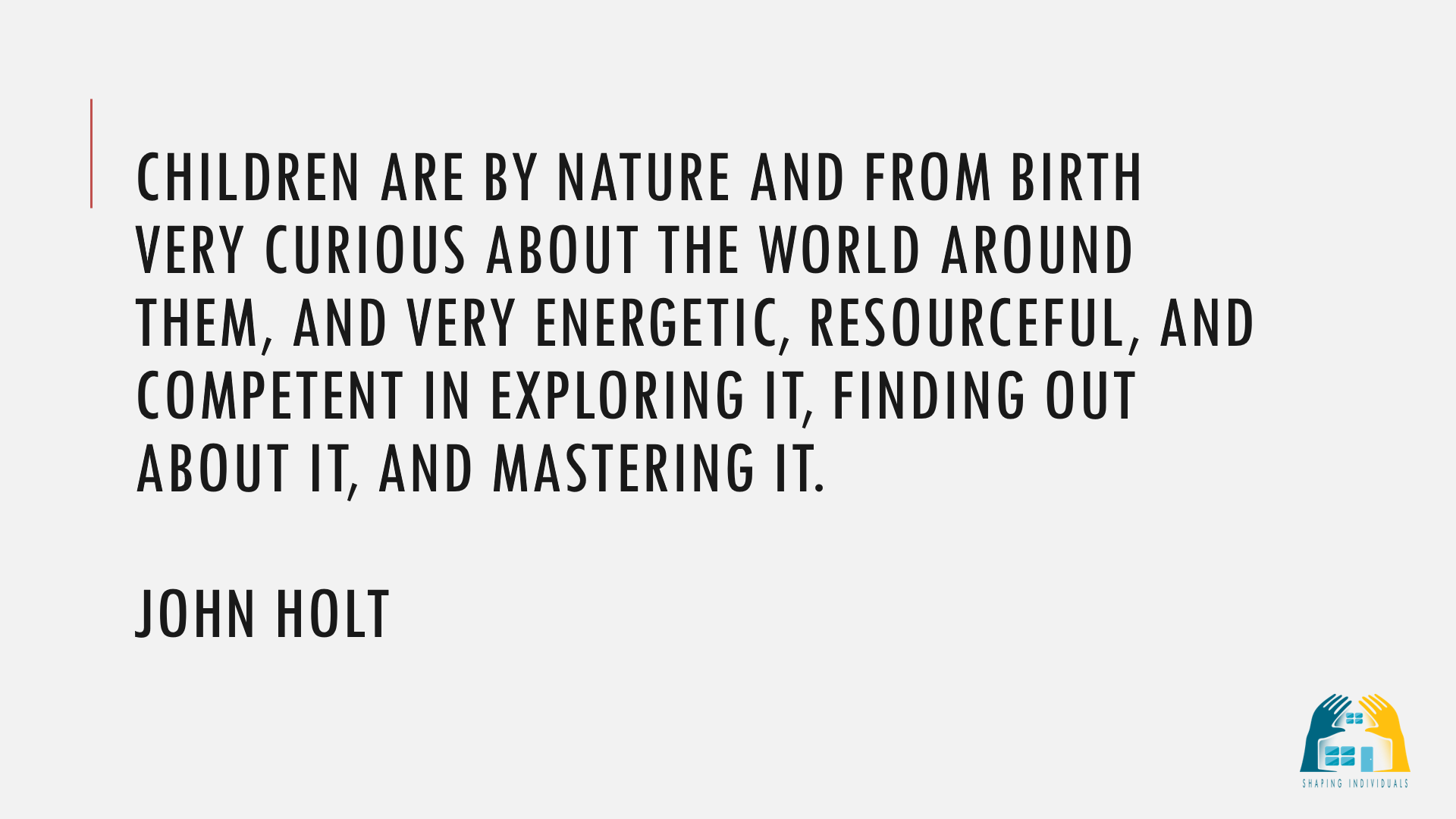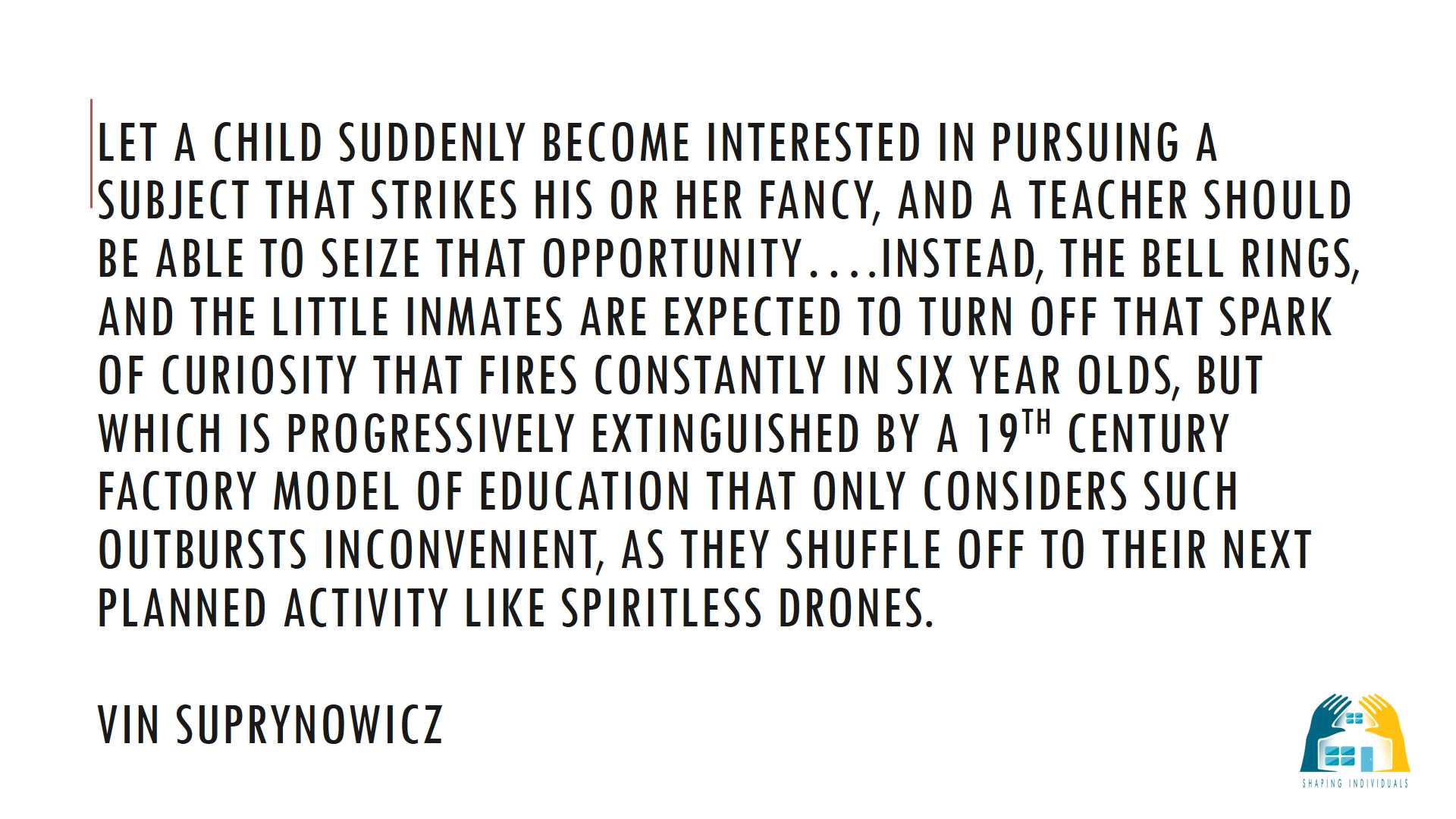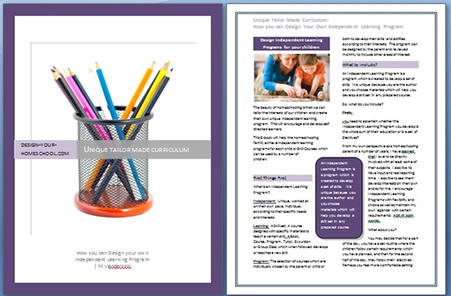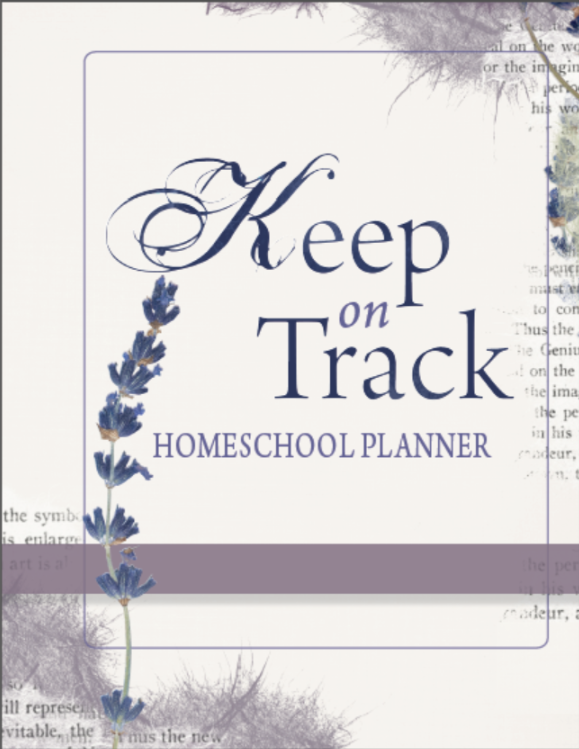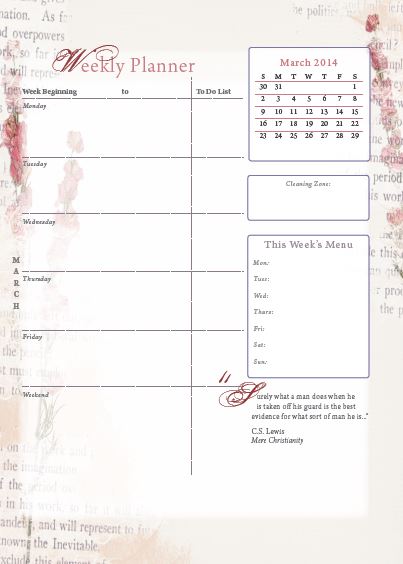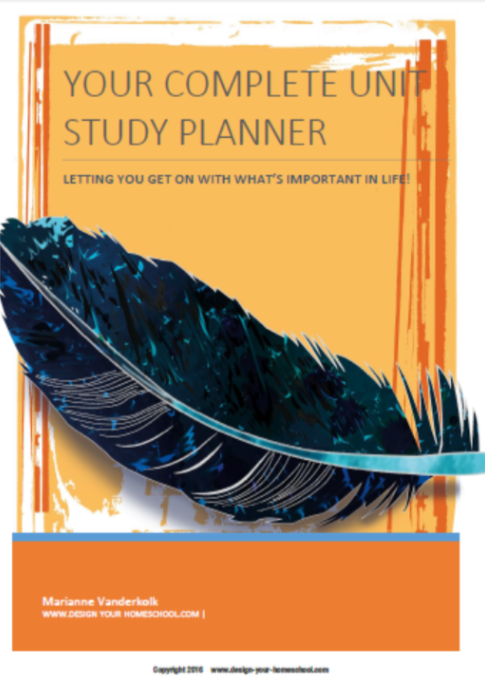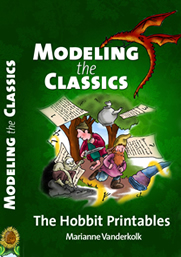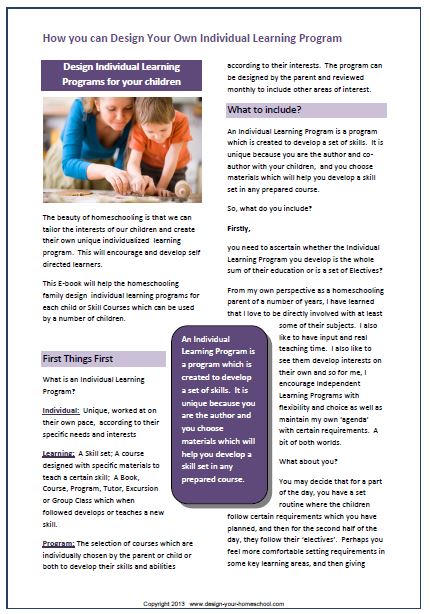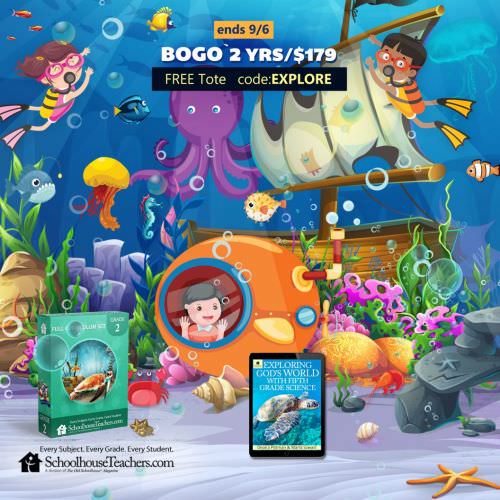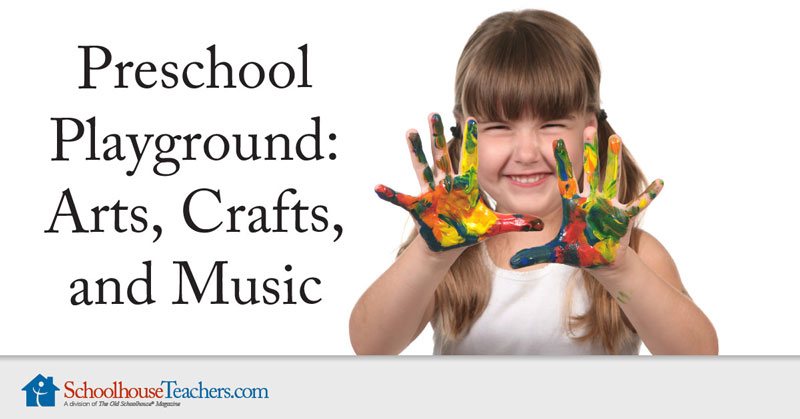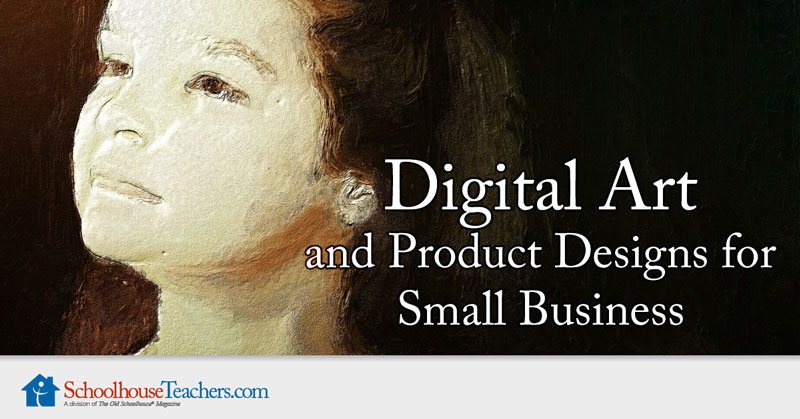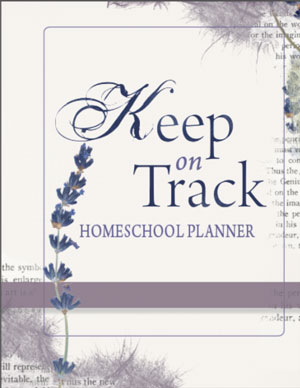How Curiosity leads to Self Directed Education
Curiosity and Self Directed Education in your homeschool
With educational quotes to encourage you.
Welcome to Keep on Track E-zine.
This e-zine has a few of my favourite educational quotes. These are here to inspire and encourage you!
So often as home educators we are challenged about what we are doing and why - and even at times, our own family does not understand our decision.
So, these educational quotes are meant to challenge those who a narrow view of education and give you courage - to know that you are standing close to brilliant minds who have valued education - and especially education in which the learner takes responsibility for it - self directed education.
I hope you enjoy this ezine and will be encouraged to nurture the curious minds within your home and encourage them on the life long road of self directed education.
3 Rules to Spark Imagination and Learning
Firstly, I wanted to include a TED video where Musallam, a school teacher presents 3 rules to spark imagination and learning to get students excited about how the world works.
Although directed to a school situation, what Musallam says can easily be applied to homeschooling families. I think that without realizing it, we can easily fall into a 'follow the book' mentality and just want to 'get the work done.'
We need to remember the lessons which are truly important.
"There. Now you are educated!"
Education is an active state of learning, responding and understanding which happens throughout our whole life. Our role as homeschooling families is to open many doors - many interesting parts of life - many avenues to explore and spend time in.
Below is one of the educational quotes from Susan Schaeffer Macaulay and this points out a big misconception which equates 12 years of being in an educational system with being 'educated.'
Strategies to nurture curiosity in your homeschool
Purposely leave interesting books and items around your home
As homeschool parents, it is wonderful to present our children with opportunities for learning and to develop strategies to nurture curiosity.
One thing you can do is to simply place interesting books, magazines, or objects around the home and allowing natural curiosity to take over. I would love to put different books on display in our lounge room - displaying artworks, or craft books, or library books about the time period we are studying. Adding these books to the car is also such a good way to place materials directly in the way of young, curious minds.
Ask open ended questions
It is also great to place random objects here and there - begin a train of thought by asking a certain questions -
- What do you think will happen if....
- I wonder how many.....
- Is there a way to ....
- Have you tried...
- What else could this be used for...
and then leave them alone to explore and discover. Self directed education in progress!
Use the Learning Opportunities all around us
Not only can you leave things around the home, but you can also make the most of everyday activities and see how they can be learning opportunities. By making the most of these opportunities we can develop curiosity about all aspects of life.
Learning Through Shopping
There are many learning opportunities when out and about shopping:
- Finding the specials
- Comparing prices - Cost per gram/piece / ml;
- Comparing Ingredients list
- Planning a menu and shopping for it;
- Writing a list according to a menu;
- Reading product reviews and making learning how to make good decisions;
- Questioning the shop assistant about different products before and after researching;
- Discuss different measurements for different products
- Working on percentages - calculating sale prices
Learning Through Cooking
Cooking is a wonderful way to teach a number of things:
- Weights and quantities;
- Increasing or decreasing ingredients when altering a recipe;
- Creating a menu plan for different number of guests;
- Chemical processes which happen during different cooking techniques;
- Discussion of fractions;
- Competence in cooking for crowds;
- Adjusting schedules and working with time - to successfully create a meal.
- Reading and following a recipe
Learning Through Chores
- Matching and pairing
- Sorting clothes
- Making cleaning products
- Setting up routines to get things done;
- Learning to manage time successfully;
- Learning jobs such as - cleaning, dusting, ironing, packing and unpacking a dishwasher, sorting clothes, operating a washing machine as well as outside jobs such as - mowing the lawn, cleaning windows, whipper snipping ...
- Learning to repair items
- Following directions
- Making a family plan
Observe the Natural Curiosity of Children
Being curious about life and curious about the world is not tied up inside a curriculum. Sure, there are tools which may help and books which may spark our children's curiosity - but curiosity is born out of continually asking questions about life, the world, the visible, the invisible.
Enjoy learning experiences with your children.
So another strategy we can use as homeschooling parents is to be a part of their world or exploration and enjoy learning with them. It is so gratifying to be a part of the discoveries they make. We love those "light bulb" moments. Sometimes you might be there in the action, but many times, I remember my kids racing down the stairs to tell me what they just figured out!
Isn't it true that curiosity will be the beginning of many wonderful homeschool adventures.
Looking back on the highlights of homeschooling, I don't think about a set of math problems in a math book - but my mind does go to the many amazing science experiments we did and watching the life-cycle of stick insects and butterflies first hand within our lounge room. It started after we discovered a tiny caterpillar out in the bush and as our curiosity grew, we found the food source, worked out how to keep them and ended up standing around and watching the amazing new butterfly extract itself out of the chrysalis.
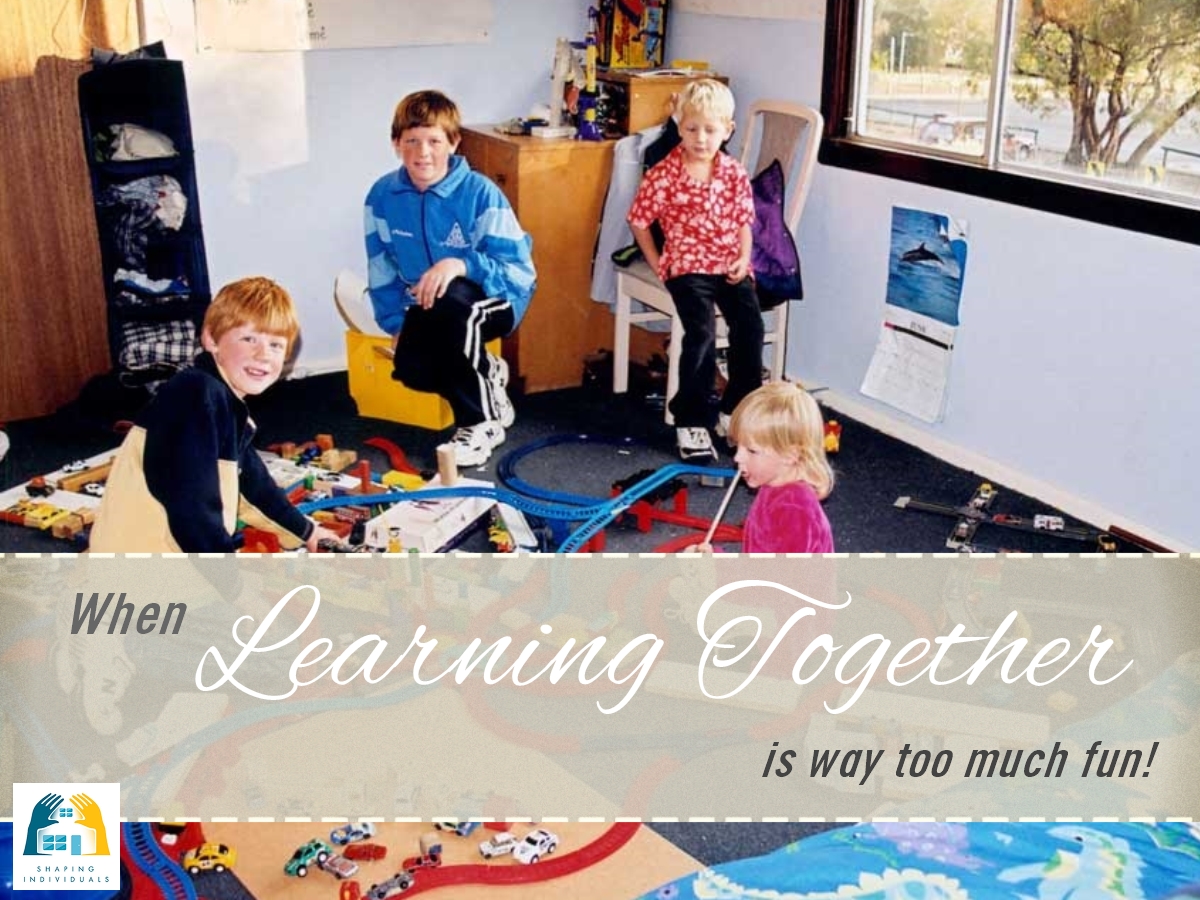
One of our sons loved modifying his nerf guns - and that certainly wasn't a part of a curriculum. But, bit by bit, out of his own curiosity, he selected materials, experimented, tested and continually worked on improving designs.
Curiosity is the basis of hobbies. It is about following passions and finding answers to the natural questions which arise as the interest develops. It is about spending hours and hours on an idea and pursuing what you love. Curiosity is the necessary ingredient for a child to follow their own self directed education.
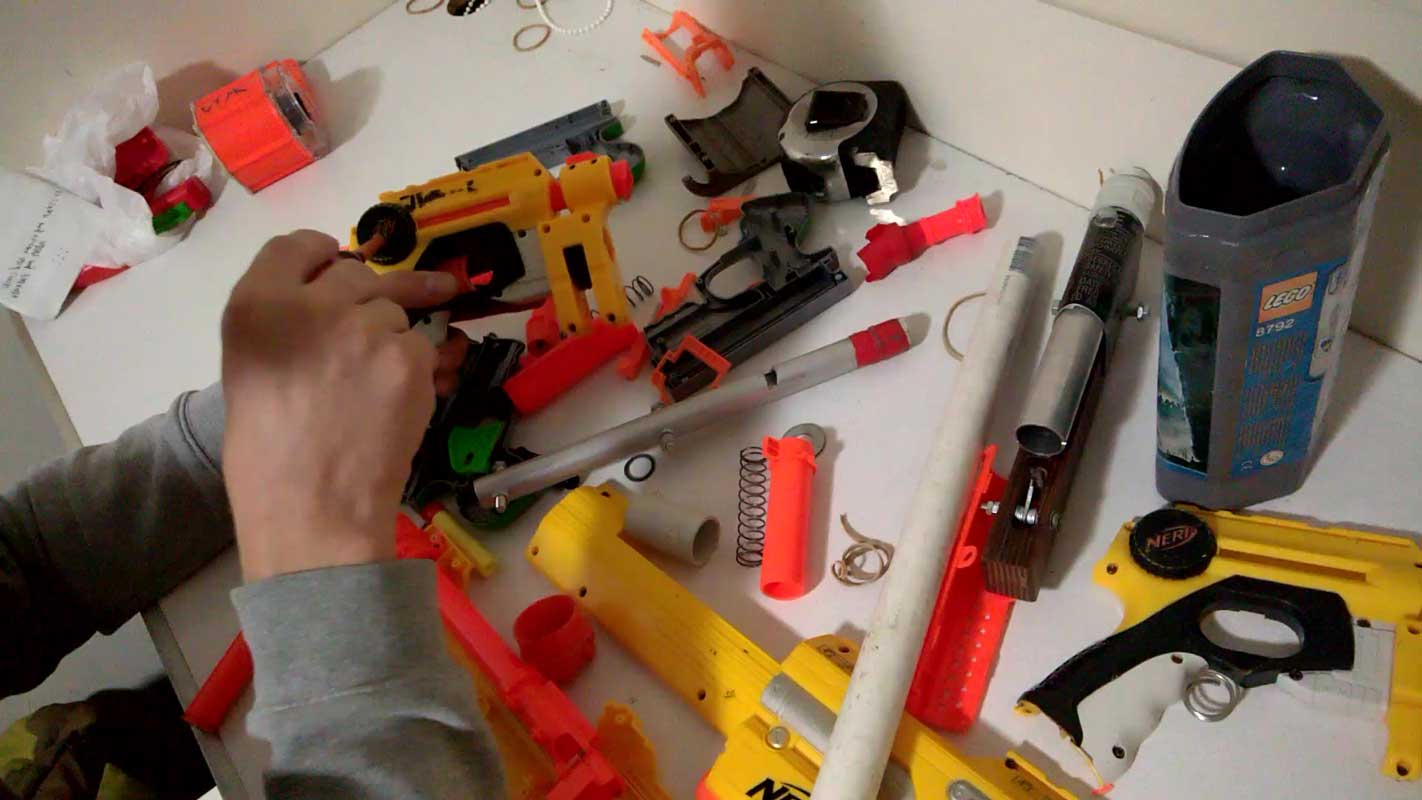
Curiosity and the Brain - what happens when children are curious
In the Cell Press journal, Neuron, new research provided insights into what happens in our brains when curiosity is piqued. The discovered:
- When children are highly curious to find out an answer to a question, they are better at retaining that information as well as learning entirely unrelated information that they were not necessarily curious about.
- When curiosity is stimulated, there is increased activity in the brain circuit related to reward. Satisfying their own curiosity becomes an intrinsic reward.
- When curiosity motivates learning, there was increased activity in the hippocampus, a brain region that is important for forming new memories.
Read more about, How curiosity changes the brain to enhance learning.
Set aside Time for Curiosity
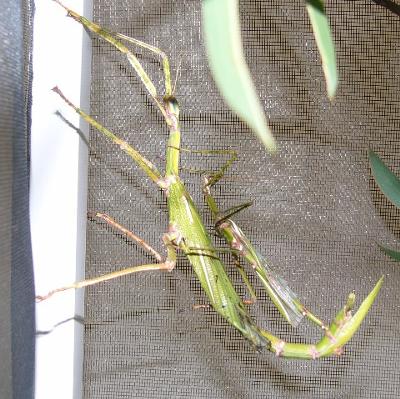
Give children time to think and explore
Curiosity takes time.
First there is something which sparks their thought. I don't always know where their random thought came from - it might be from a conversation we have had, or a program they've watched. Perhaps it is from another adult, a child, an observation, a book, an excursion or just from their general musings.
It's amazing that each child when left alone to think - and to be - has questions.
However, I believe that if we rush them (to finish a book or write something down, copy some text or draw a picture) - without the time to contemplate, they may miss out on the opportunity to dwell, mull over and formulate questions.
Thankfully, as homeschooling families we don't have a bell and as parents we should be careful not to interrupt them as they really get stuck into something. We don't want to turn off the spark of curiosity by rushing them to the next subject or activity.
Since questions are the catalyst for important discoveries - so we must make room for non-busy times in our day where 'just thinking' is allowed. Don't fill up every minute - give room, space and margins to allow curiosity to develop.
Self directed education will not thrive in an atmosphere where the schedule or curriculum is the master.
Encourage self directed education
What is your child interested in? Let their curiosity be their curriculum. You can help them to be self directed individuals to take charge of their own education by encouraging them to set goals and plan a course of study with whatever materials you have or can invest in.
Read more about self directed learning contracts here.
Books to help to develop natural curiosity
Updates.. The Subscriber Section
I have recently added a "Teaching Toolbox" section to my website where you can find my Ebooks, Homeschool Printables, Journey Cards as well as a page just for you: the subscribers to Keep On Track!
On YOUR Thankyou Page, you can download free pages here as well as my latest book, "Homeschooling Confidence Builders."
Enjoy!
Keep on Track Homeschool Planner - Update - no dates!
Keep on Track is a simple homeschool planner, yet stylish and will help keep you on track. It's even simpler now - because this planner has no dates!
Yes - there is a 2017 calendar at the front of the planner and a 2018 at the back - but that's it! There are landscape calendars, but no month titles or dates - just write it in...
Read more about the homeschool planner here.
Online Resources to help spark curiosity?
Education in the everyday by Kris Bales, helps us to view all of life as an opportunity to learn something new with our kids.
If you would like your students to be puzzled and challenged, try some of the great games and puzzles found at MathPickle.
